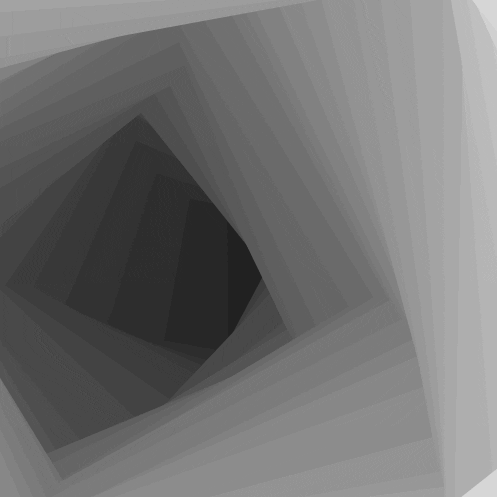THE HALO AND DEVIL EFFECT
WHEN OUR FIRST IMPRESSION COLOURS EVERYTHING ESLE


A halo (from Greek ἅλως, halōs; also known as a nimbus, aureole, glory, or gloriole) is a crown of light rays, circle, or disk of light that surrounds a person in art. I’m not surprised then that to examine the human condition, like when you meet someone, and they give off a good vibe, you think, "Wow, they seem so nice!" That positive first impression makes you think of other good things about them, too, like maybe they're also smart and talented. Psychologists have a name for this tendency - the halo effect.
In the 1920s, a psychologist named Edward Thorndike noticed that when military officers ranked their subordinates, they tended to give high marks to those they liked across the board. Their overall positive impression cast a "halo, " influencing their judgment about specific traits.
The halo effect is a sneaky cognitive bias where our overall impression of someone leaks into and affects our view of their character. Essentially, if we think someone is nice, we'll also tend to think they're smart, capable, and have other positive qualities. It works the other way too. If we don't like someone, we're likely to see all their traits negatively - the "devil effect" or "negative halo effect."
Outside of judging people, the halo effect also shapes how we see brands. If we have a good experience with one product from a company, we tend to have a positive view of their other products. But one bad experience makes us correlate that negativity with everything else they offer.
In business, the halo effect is a term for a consumer's favoritism toward a line of products due to positive experiences with other products by this maker. When consumers have an unfavorable experience, they correlate that negative experience with everything associated with a brand. The effect could also take on a slightly different role whereby employees are judged without adequately assessing their skills, allowing bias and many other factors to cloud one's judgment.
This 'devil effect' or 'negative halo effect' comes into play when people assume that others possess so-called 'bad' characteristics, which can impact other qualities. It supports rapid decisions, even if biased ones. The halo and devil effects are well-documented social psychology phenomena that cause people to be biased in their judgments by transferring their feelings about one attribute of something to other unrelated attributes. Also related, the horn effect, closely related to the halo effect, is a form of cognitive bias that causes one's perception of another to be unduly influenced by a single negative trait.
Why is this important?
The halo effect lets us make quick judgments, but often biased ones. Understanding this quirk of human thinking allows us to catch ourselves when we make unfair assumptions about people or brands based on limited info. The halo effect has its uses, but we must know when it might lead us astray.
